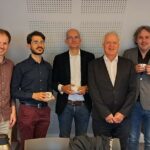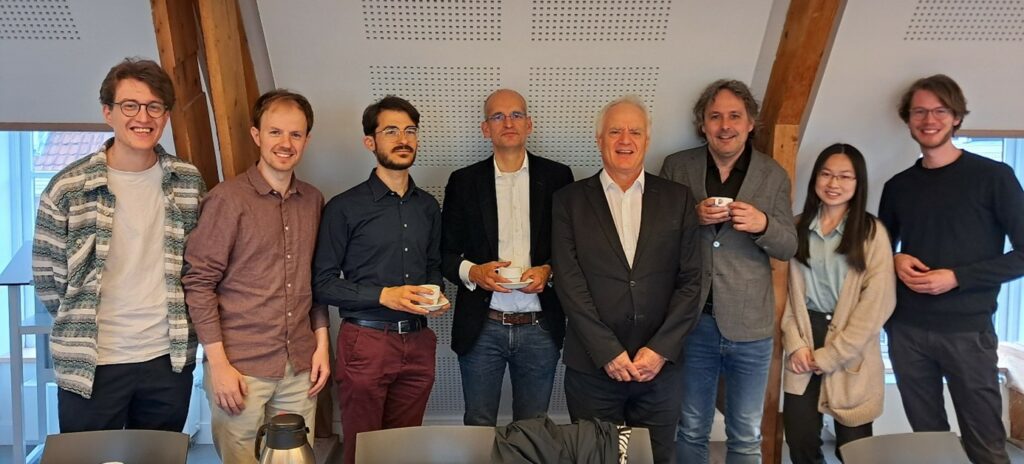 This module in the basic program invited PhD candidates to reflect on the links between their research project, their research methodologies, and current affairs. Students were asked to rethink the relevance and the methodologies of their project from the perspective of current social and political concerns.
This module in the basic program invited PhD candidates to reflect on the links between their research project, their research methodologies, and current affairs. Students were asked to rethink the relevance and the methodologies of their project from the perspective of current social and political concerns.
Second, candidates reflected on how they could develop methods of ‘applied history’, how their research could be considered ‘usable history’ for others outside academia, and/or how they may present their academic skills and knowledge to the world beyond academia, also with an eye towards their post- PhD-career.
In her talk professor Beatrice de Graaf reflected on the various roles of historians in public debate and commissioned research projects, based on recent experiences with commissioned work herself, for example in the committee for Intercountry Adoption. Which skills and insights do historians bring to the table? Where to draw the line between (applied) historical research and policy recommendations or political interpretations? This was followed by a plenary discussion with professor Harm Kaal about how candidates saw their own role as historians outside of academia and in the public sphere.
But how do you get your message across to academic audiences and the wider public? How to get your Ph.D. thesis published by an academic publisher? What is the difference between a manuscript and a ‘trade edition’ (handelseditie)? How to present your research results to the public at large? And what is the role of social and traditional media? In this module in the basic training program, Marc Berens, Boom Publishing House and journalist Leonard Ornstein provided inside information and shared experiences. Under their supervision, participants practiced getting their message across to a variety of audiences. The most important lesson was: do not be too modest, but step forward!

